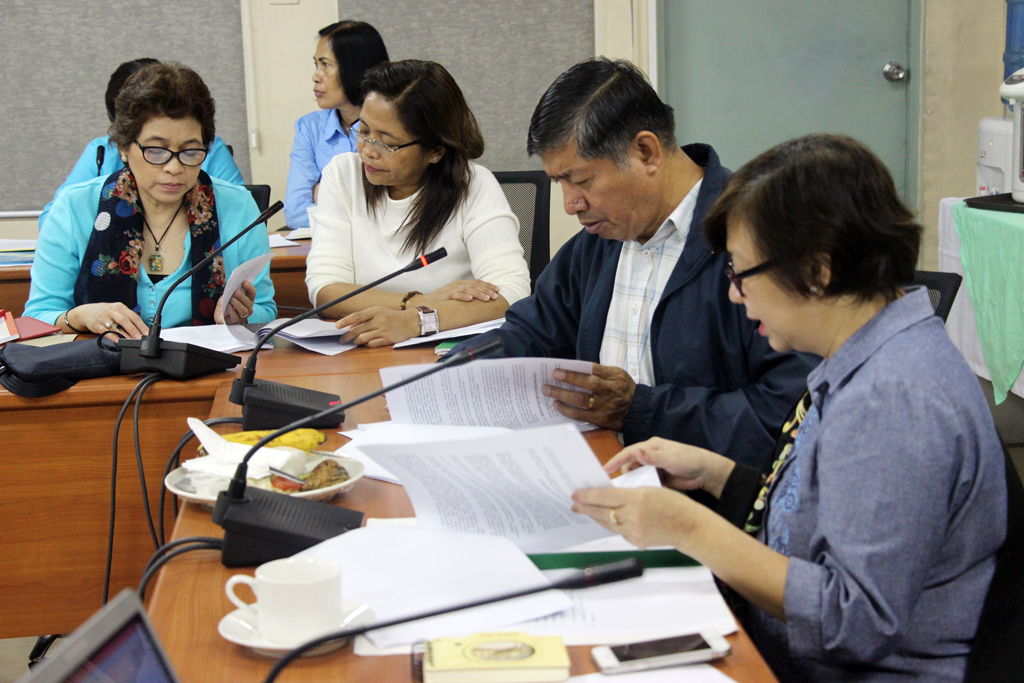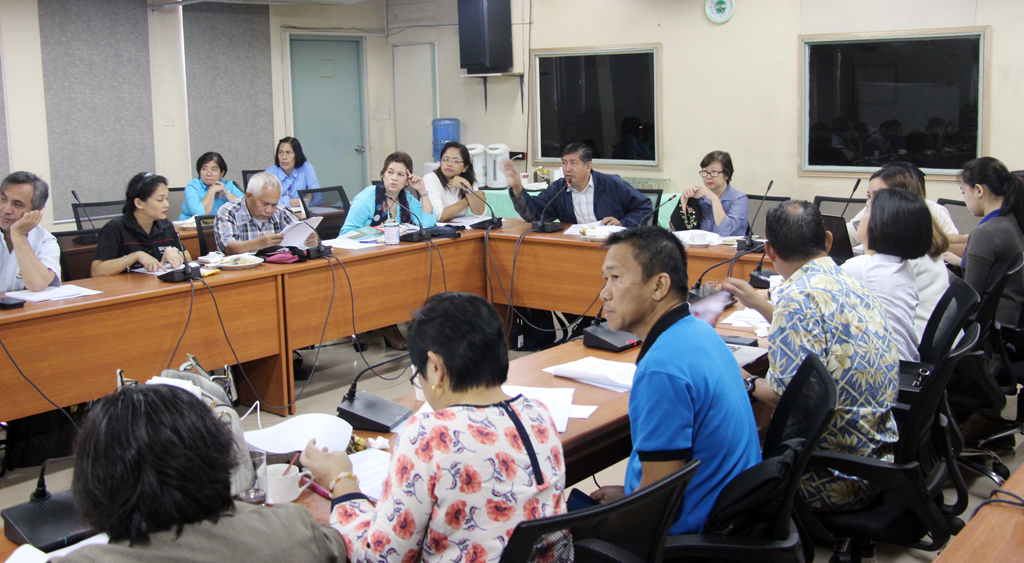
To further strengthen and boost the competitiveness of the Philippine coffee industry, its key industry players convened on January 5, 2017 at PCAF Apacible Hall in Quezon City for the finalization of the national roadmap that would enhance the development of the sector.
The objectives of the roadmap are to provide a comprehensive assessment of the Philippine Coffee Industry; analyze market trends and identify opportunities; define goals and develop strategies to increase yield, lessen importation and improve farmers’ income; and recommend action plans using the coffee value chain framework for 2017 to 2022 for a competitive and vibrant industry.
It is crafted based on the stakeholders’ pursuit of inclusive growth models thru the value chain approach and to sustain increases in yields and incomes, improved farm productivity and enhance farmers’ technical capability and skills and to create avenues for food security and poverty alleviation.
The roadmap includes industry situation, value chain analysis, market analysis, SWOT analysis, strategy formulation and action planning.
Organized by the Philippine Council for Agriculture and Fisheries (PCAF), the meeting gathered government agencies along with the private sector stakeholders.

In order to enhance the roadmap for its effective implementation, the participants recommended that the Market Trends and Prospects Overview needs to be updated and revisited, especially the figures on per capita consumption and the average annual growth for coffee. Likewise, improve marketability through including the value-adding (primary and secondary processing) in the industry goals as well as the adoption of Good Agricultural Practices (GAP) and environment-friendly technologies.
Clarifications on the functions of the proposed Philippine Coffee Council in the roadmap, to differentiate it from the role of the PCAF – Coffee Industry Development Sub-Committee, were also raised during the meeting.
Furthermore, the participants noted that the approved Philippine coffee industry roadmap can be amended to suit the changing economic and social environment, should the need arise.
Along with the coffee roadmap, the body also agreed to develop the cacao and rubber roadmaps to be signed by both the Department of Agriculture and Department of Trade Industry secretaries. -LC











